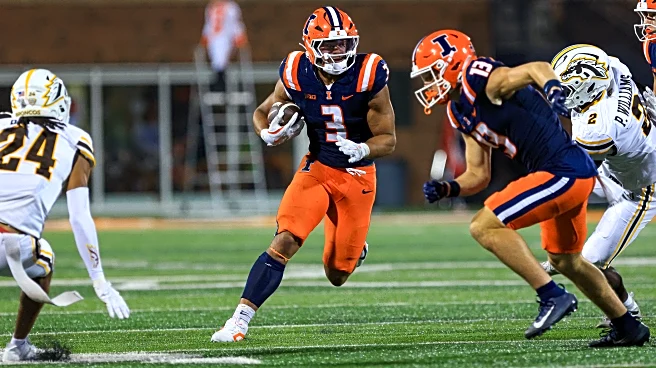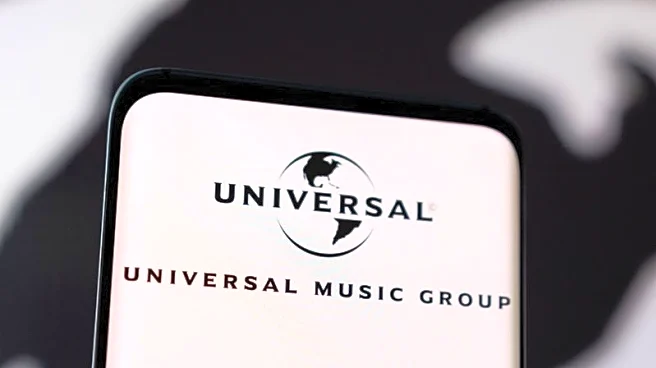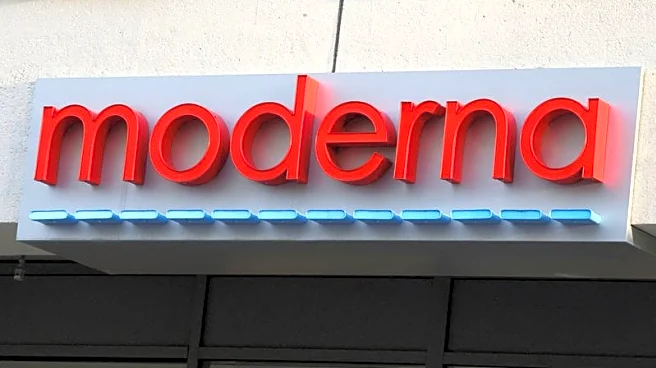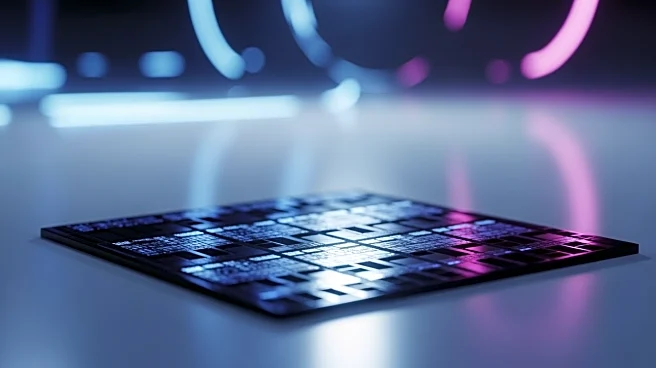What's Happening?
OpenAI, led by Sam Altman, is taking action against unauthorized deepfakes generated by its Sora 2 text-to-video tool after complaints from celebrities, including Bryan Cranston. The issue arose when realistic
deepfake videos, using the likenesses of public figures without consent, began circulating on social media. Cranston, who appeared in a deepfake video with Michael Jackson, brought the matter to SAG-AFTRA, prompting OpenAI to enhance its policies. The company has reinforced its 'opt-in' policy, requiring public figures' permission for using their likenesses, and supports the NO FAKES Act, aimed at preventing unauthorized AI-generated videos.
Why It's Important?
The crackdown by OpenAI on unauthorized deepfakes addresses significant ethical and legal concerns in the AI and entertainment industries. The misuse of AI technology to create deepfakes without consent poses risks to personal privacy and intellectual property rights. OpenAI's actions, supported by the NO FAKES Act, aim to protect individuals from exploitation and maintain trust in AI technologies. This development is crucial for the entertainment industry, where the unauthorized use of celebrity likenesses can lead to reputational damage and financial loss. The response from OpenAI may set a precedent for other tech companies in managing AI-generated content responsibly.
What's Next?
OpenAI's commitment to addressing deepfake concerns may lead to further collaborations with industry stakeholders to refine AI content regulations. The company's support for the NO FAKES Act suggests ongoing advocacy for legislative measures to protect individuals' rights. As the technology evolves, OpenAI and other companies may need to develop more sophisticated tools to detect and prevent unauthorized deepfakes. The entertainment industry, along with legal and regulatory bodies, will likely continue to monitor and influence the development of AI policies to safeguard against misuse.












